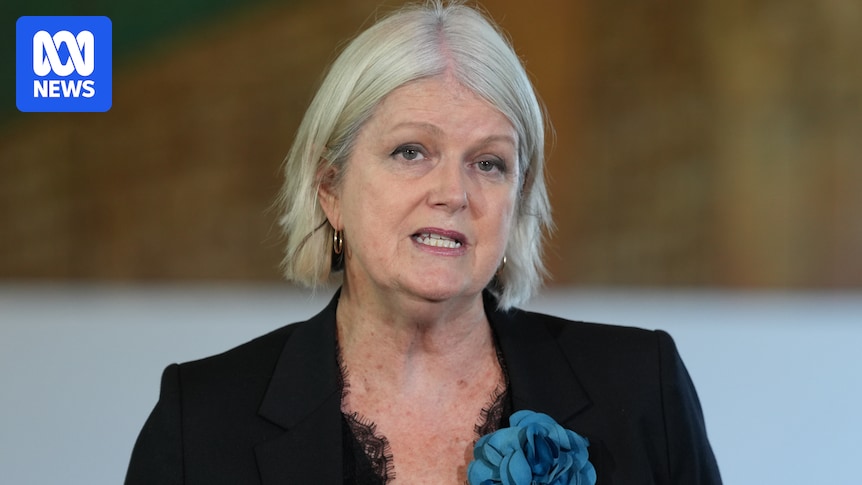The Australian Council of Social Services has thrown its weight behind calls to wind back property investor tax breaks, setting up a potential housing flashpoint ahead of the government’s economic round table next fortnight.
It comes days after the Australian Council of Trade Unions urged Labor to tackle negative gearing and capital gains tax reform, but Australia’s peak welfare body is also pressing for the billions in extra revenue from the tax changes invested in social housing.
In its submission, ACOSS said the 50 per cent capital gains tax discount is “certainly fuelling the housing crisis” and should be halved over five years. Negative gearing, it said, should be phased out entirely over the same period for existing investments.
Union boss calls for one property limit on negative gearing tax breaks
“We are very clear we would phase out the very generous 50 per cent tax discount and get it down to 25 per cent so there’d be some tax reward for property investment but nowhere near as generous,” ACOSS chief executive Cassandra Goldie told the ABC.
“If you’ve got capital, and you’re thinking, where can I park it to really grow my wealth, you put it into property.”
ACTU secretary Sally McManus made a similar case on ABC’s Insiders at the weekend, saying it was time to “bite the bullet” on property tax reform.
While the two peak bodies are not coordinating their campaigns, their aligned positions revive a politically fraught debate Labor abandoned after losing the 2016 and 2019 elections with policies on negative gearing and capital gains tax.
ACOSS wants revenue from the tax changes invested in social housing, arguing Australia has “among the highest home prices in the world” and rents that are “all too often unaffordable” with many tenants lacking security of tenure.
The share of social housing has “fallen by one third from 6 per cent to 4 per cent over the last 30 years” — a trend it wants reversed to “at least its historic level of 6 per cent of dwellings by 2035, and to 10 per cent by 2045”, with First Nations housing “a national priority”.
Business groups and some senior government figures privately argue welfare groups and the unions’ proposed tax changes will do little to boost new housing supply. (ABC News: Keana Naughton)
Government paring back expectations
Nearly half of all Australian landlords had negatively geared properties in 2023, with the highest earners claiming tens of billions in tax concessions and loopholes.
But business groups and some senior government figures privately argue welfare groups and the unions’ proposed tax changes will do little to boost new housing supply, warning that investor demand underpins construction and removing incentives risks stalling projects.
Will Labor’s conversation about everything produce anything much?
ACOSS’s submission also urges faster action on climate change, calling for new building standards to achieve zero-carbon, climate-resilient homes and tougher rental rules to improve the energy performance of properties. The group said these measures would cut bills for low-income tenants while protecting them from extreme heat and weather.
In recent weeks, the government has pared back expectations for the summit amid concern among the business community about a union-led ambush and fears the event could be used to justify tax crackdowns on employers and property investors.
Despite the government billing the meeting as a contest of ideas, the ABC understands there will be no joint communique at its conclusion. Instead, Treasurer Jim Chalmers will deliver a wrap-up and nominate a handful of specific changes for implementation.
Ahead of this year’s election, Prime Minister Anthony Albanese dismissed speculation Labor was planning to scale back the housing tax breaks, after it emerged Mr Chalmers had asked Treasury to model the impact of changes.
The treasurer has asked that any proposals must be budget-neutral or budget-positive, but that “all ideas are on the table”.
The three-day round table will be held at Parliament House from August 19 to 21.

